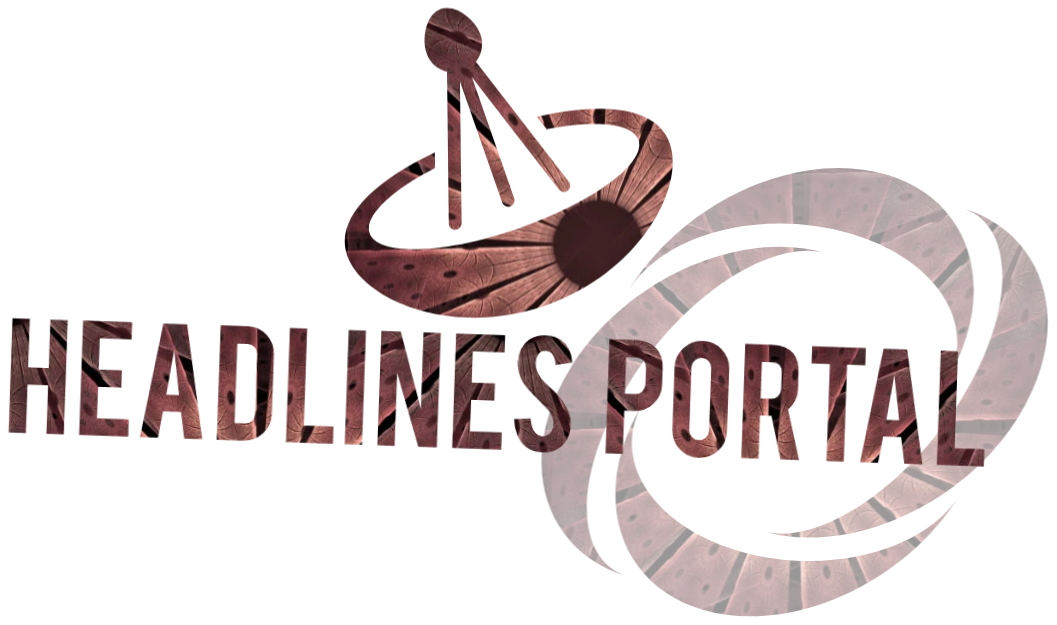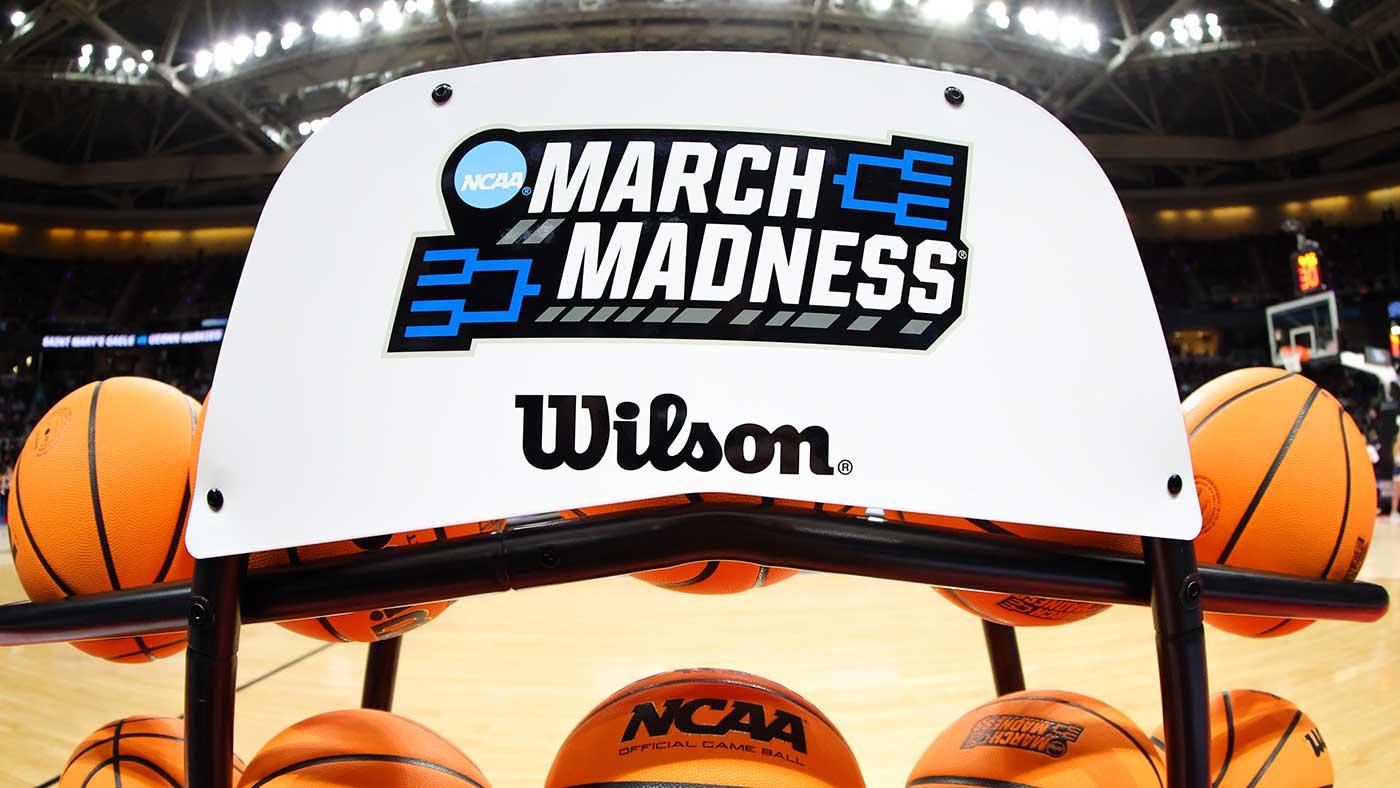

When I turned 18, my grandfather told me that I’d have to get a credit card then to establish enough credit history to ever have any hope of purchasing a home. He was a loan officer at the time and had a wealth of knowledge for building and maintaining good credit that I took for granted. Not everyone has the privilege of being taught how to build credit from a young age, but it’s never too late to learn. Let’s discuss the different components of your credit score and how to build and maintain good credit.
Credit History
Many people I talk to hold the belief that they never want to spend more than they can afford so they never want to borrow money and thus, never open a credit card. Not establishing yourself as someone who can pay their obligations affects more than just your ability to accumulate debt. I once had a roommate in San Francisco who had never owned a credit card. As a result, we had a difficult time finding apartments to rent because credit checks revealed she lacked any credit history. Not having a credit history counted against her getting rental applications approved because there were no records showing she makes payments on time.
It's important to establish your ability to pay your debts early and keep those lines of credit open. Consider searching for a credit card that suits your present needs without major drawbacks like high annual fees or high APR. Weeding out those drawbacks will make it so you don’t feel a need to close the card in the future. Many people don’t realize that closing old credit cards has a negative impact on your credit score because it shortens your credit history. As an example, I still have my college credit card from when I turned 18. It has an extremely low credit limit and I barely ever use it, but it is the longest history item I have.
Beware of opening too many new lines of credit over a short time as well. Like shutting down old lines, having too many new lines shortens your credit history and makes you look like a higher risk.
Credit Utilization
Credit utilization refers to how much money you are currently borrowing versus your available debt. If you have total available credit from all your different sources of $20,000 and you are maxing out your cards, you are seen as a higher risk than someone with $20,000 of credit but pays off their balance each month.
Try to create a budget and make a habit of treating credit cards as more like debit cards and ensuring you have enough money to pay them off month over month. Not only does this prevent you from getting buried in debt, but it also improves your ability to increase available credit in the future for things like major purchases.
Debt consolidation written by hand and money.
Consolidation Trap
I find that when people end up behind on credit card payments, it becomes a bit of a slippery slope. They’ll start to hear about debt consolidation deals and introductory 0% APR cards. I want to emphasize that especially when you take on a new credit card, you may want to analyze the terms and make sure that it’s one that you’ll want to keep beyond the initial year. This is what I see a lot of when people aren’t aware of these pitfalls:
- People have one credit card with a high APR, and they can’t keep up with payments on their balance (High utilization problem)
- They take an offer to consolidate that high APR debt with a 0% introductory rate if they pay a consolidation fee (Shortens credit history, results in new fees)
- They close the high APR card and roll their balance to the new card (Shortens credit history)
- The introductory offer expires, and the new card starts charging high interest and annual fees, causing the person to repeat this process (Utilization remains high, history remains short, more charges, risk of not being able to qualify for new debt or debt with better terms)
Conclusion
If you hope to be able to build and maintain good credit, it’s important to understand the concepts of credit history and utilization. Understanding these two concepts can help you to avoid major pitfalls, including becoming buried in debt.












